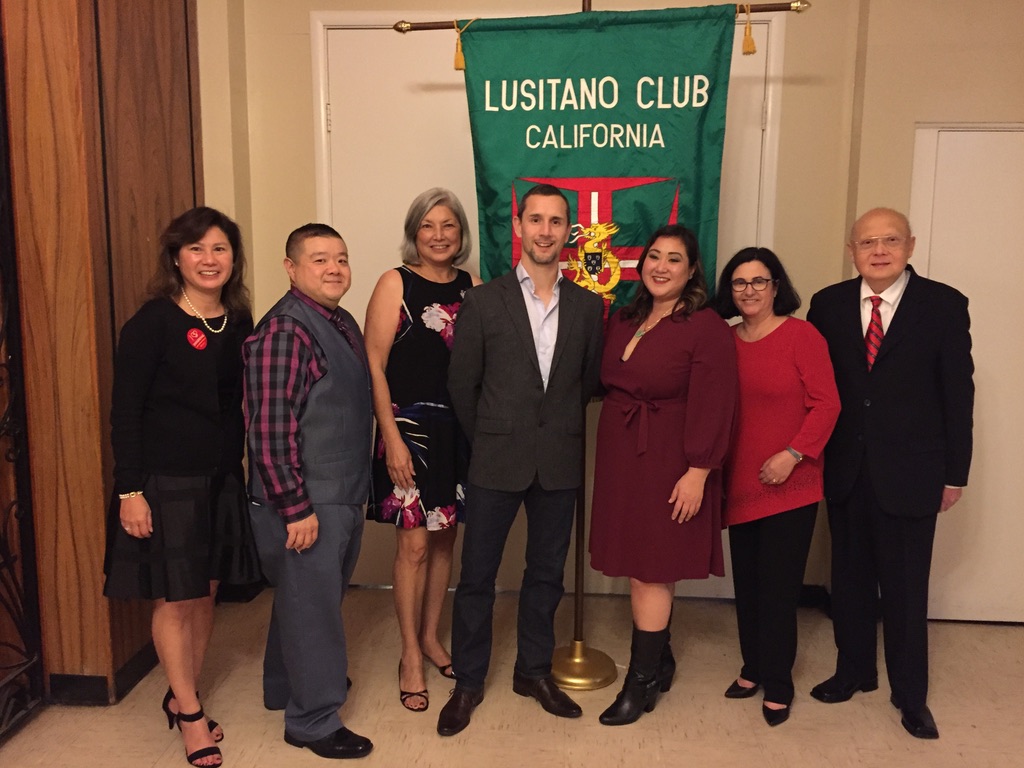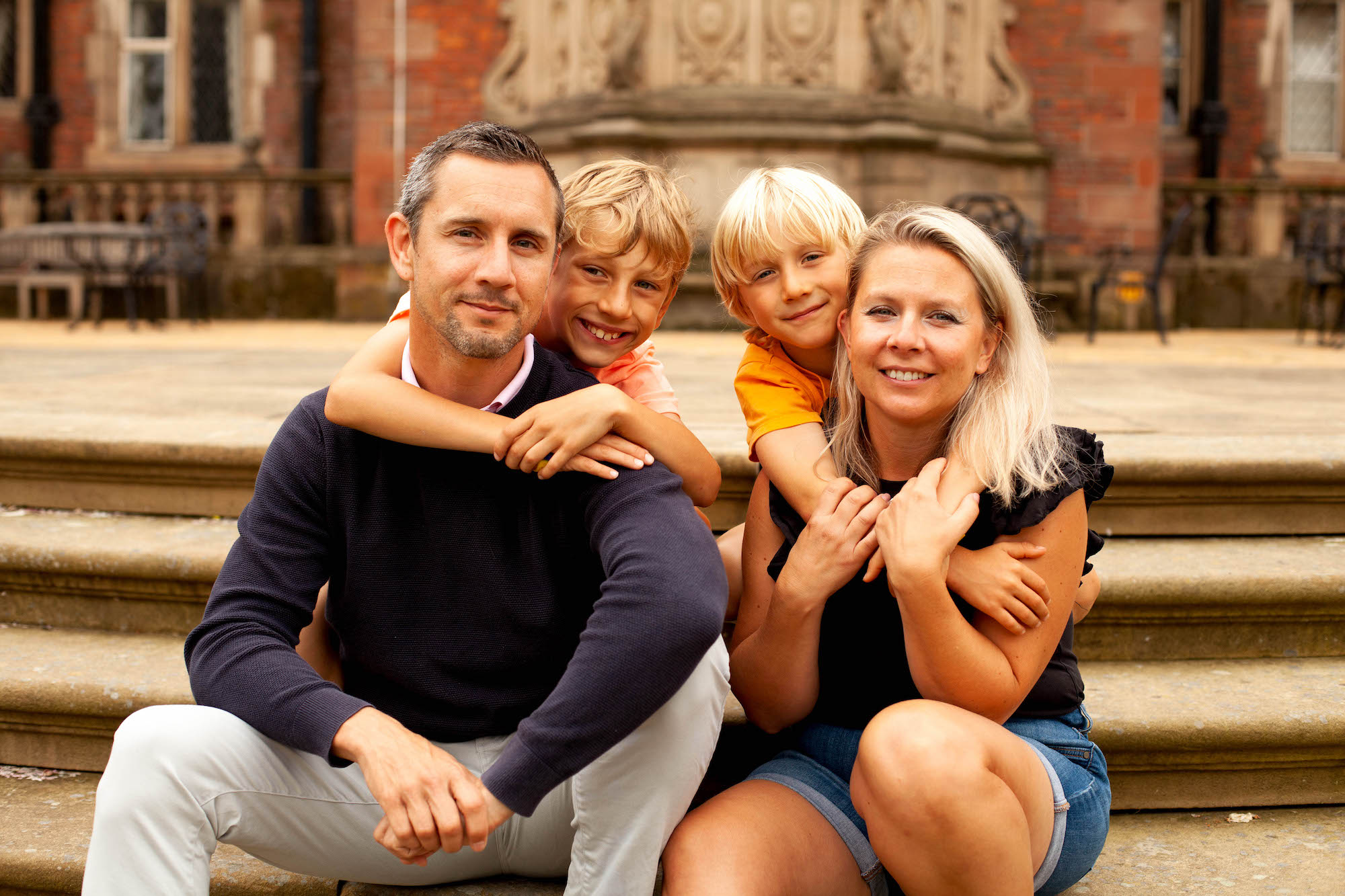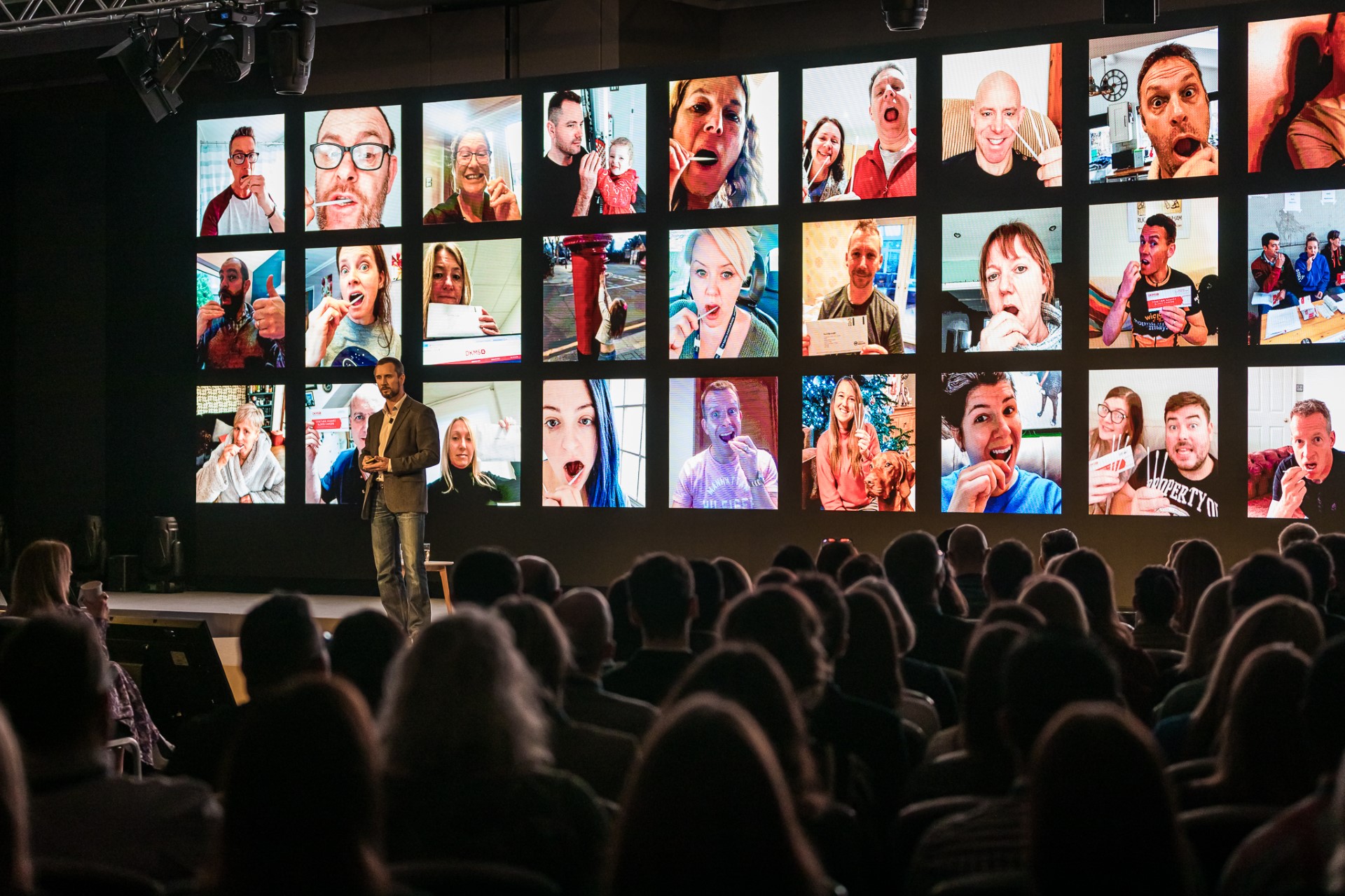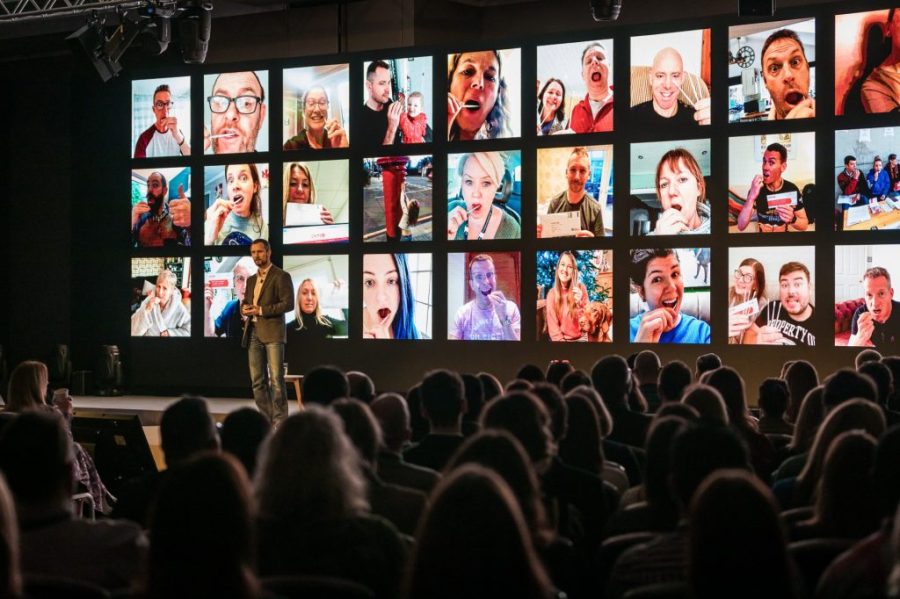Peter McCleave is English, Irish and Macanese. For most of his life, growing up in Yorkshire, and working as an investment banker in London, the Macanese part was a charmingly exotic, ethnic leavening, and a matter of cultural pride. Then, six years ago, his mixed-race identity became a matter of nerve-wracking, all consuming importance.
The 45-year-old McCleave has myeloma, a type of incurable blood cancer, and was given only seven years to live based on a 2017 diagnosis. That means he is now desperate for a donation of genetically compatible stem cells. It’s the only way he can buy enough time – hopefully – to see his two young children become adults.
“Although it still won’t cure this particular cancer, it will hopefully put me into a state where I’ll be around long enough that doctors and scientists can find new treatments and maybe the cure in the future,” he tells Macao News in a phone interview from his home in Cheshire, in England’s northwest.
Because different ethnic groups can have different tissue types, a person’s best chance of finding a compatible stem cell donor lies with those of their own race. That makes the search particularly challenging for anyone of mixed ethnicity, but McCleave has never been a quitter.

[See more: Macanese urge improvements in health care and government efficiency]
He first realised something was wrong when he was 37. A part-time triathlete and rugby coach, he spent all of 2016 preparing for his first Ironman Triathlon in Wales. He felt some aches and pains but assumed they were because of the intense training.
Two days after completing the race, he ended up in a hospital with a mixture of pneumonia, sepsis and Legionnaires’ disease – and he was not recovering in the way that the doctors thought he should. Further tests eventually led to the diagnosis of myeloma.
“It felt like someone just hit me with a sledgehammer. It was almost as if somebody just shut the door on what life used to be and then this whole new world of complete uncertainty and unknown opened up,” he says.
Starting a crusade
Today, McCleave spends much of his time campaigning to get more people to register as stem cell donors through the 10,000 Donors campaign he set up in 2018. The campaign far exceeded its 10,000 donor target – in fact it has now got over 100,000 donors registered on global databases and found 20 matches for others if not for McCleave himself.
He says, “Twenty lives have been saved because 100,000 people registered. We need millions more people to register.”
In his case, he specifically needs more people of Macanese heritage to sign up. Someone from this ethnic group – people of mixed Portuguese and predominantly Chinese but also other Asian ancestry – could be a match for McCleave, whose grandmother, Lucille da Costa, was born to a Portuguese father and Chinese mother.
Scholarly estimates put the size of the Macanese diaspora at 1.6 million, living in 35 countries. It’s a lot of ground to cover. In December 2018, he made a start, visiting the Macanese community in San Francisco – one of the largest in the world – to learn more about his heritage and to get more Macanese to register.
McCleave is now hoping to attend the next triennial global Macanese reunion in Macao, the Encontro, which was suspended last year due to Covid-19. An Encontro was due to be held this year but because of funding issues 2024 looks more likely. At the event, he’ll have a chance to connect with Macanese from around the world and explore his own origins.
“It’d be fascinating to see where my nan came from, to experience real [Macanese] culture on the ground, to get involved and to talk to people,” he underlines.
[See more: Chief Executive urges Macanese to promote Macao internationally]
If opportunities arise, McCleave is also keen to visit other Macanese communities, such as in Australia, where his Sydney-based brother Tim has been running the 10,000 Donors Down Under campaign since 2020.
Under the banner of 10,000 Donors, McCleave has achieved much in the past five years. His most-recent project is Gob For Good, which engages UK celebrities and public figures to encourage people of minority and mixed heritage backgrounds to use their “gob” (British slang for “mouth”) – in other words, take a stem cell donor’s cheek swab test.
“It’s important to go global with this conversation because over 80 percent of the world’s population are not white Europeans. The reality is we’re not part of the minority and people need to step up. No one else is going to do this for us,” McCleave says.
He insists, “They must know there is a problem and it is health inequality. People losing their lives because of their race is completely unacceptable.”
Finding a new focus

Nowadays, Peter McCleave finds campaigning and focusing his efforts on raising blood cancer awareness “more fulfilling” than worrying over the one thing he can’t control – his own condition.
McCleave says, “I decided to focus on things that were in my control like trying to stay fit, trying to eat well and trying to make the best of my time as a dad,” for 13-year-old Max and 10-year-old Seb. “This has given me more of a focus in life and something to get out of bed for every morning.”
[See more: This at-home DNA test could help prevent diseases and improve your wellbeing]
That “something” also means using his campaign not only for himself, but for everyone else who has to go through the same ordeal.
“I just try to make the best use of the energy I have while I have it,” he stresses, remaining hopeful despite the odds he is faced with.
The 2017 prognosis of seven years was based on the drugs available then and there are some different drugs available now, according to McCleave, who is confident that he won’t be deteriorating “that quickly” in the next year.
“It’s all about buying time for me. If I can see another two years out of the year, then there may well be new treatments to try when I need them,” he says. “Every month is [a] month towards the future.”
To register as a potential donor visit 10,000 Donors campaign’s website. If your location is not shown in the website, click here for a list of global registries. Alternatively, write to Peter McCleave via [email protected] for more information.






